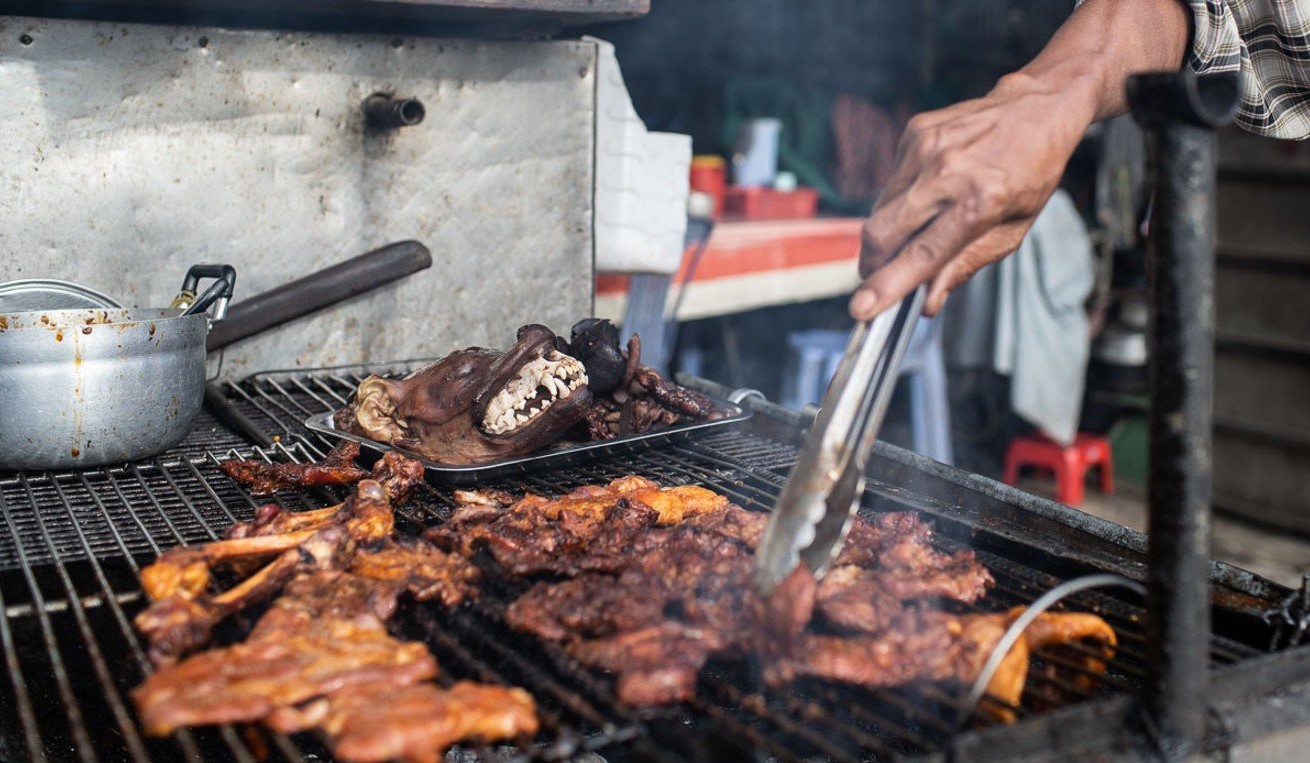A recent study conducted by scientists at the Wildlife Research Training Institute (WRTI) has exposed the thriving illegal trade of bush meat in various regions of Kenya. The Nairobi-Nakuru highway has been singled out as a hotspot for this illicit trade, raising concerns about the safety of the meat entering our food supply chain. The study, titled “Enhancing Hotspot Mapping of the Illegal Wild Meat Trade in Kenya Through Market Surveys and Confiscated Meat Analysis,” highlights alarming findings around Kajiado County and areas near Amboseli and Tsavo East national parks. The Wildlife Scientific Conference in Naivasha town became the stage for the unveiling of these concerning discoveries.
Read more: The Sugar Scandal: Revealing Kenyan Authorities’ Negligence and the Urgent Need for Accountability
Simultaneously, the Kenyan Dairy Board (KDB) has sounded an alarm regarding the contamination of milk by unscrupulous vendors. Genesio Mugo, chairman of KDB, expressed deep concern over the proliferation of harmful chemicals being added to milk by farmers and vendors. These chemicals, including the highly toxic formalin used in mortuaries, are being used to prolong the shelf life of the milk. This revelation sheds light on the risks consumers unknowingly face when they consume these contaminated dairy products.
The juxtaposition of these revelations paints a grim picture of the potential dangers lurking in our daily diets. From illicit bush meat making its way onto our plates to the hazardous chemicals tainting our milk, the safety of our food supply is under scrutiny. The implications for public health are grave, with unsuspecting consumers potentially exposed to diseases and harmful substances.
Read more: KEBS, NEMA, And KRA Under the Spotlight for The Sugar Scandal
Taking Action: Safeguarding Our Food, Protecting Our Health
The alarming revelations from the Wildlife Research Training Institute and the Kenya Dairy Board serve as a wake-up call for the nation. It is not merely a question of preserving our wildlife or ensuring the purity of our daily milk; it is about safeguarding the very health and future of our communities. Here are several steps the government can take to curb this issue:
- Support Ethical Producers: The government should support and offer incentives for ethical farmers, traders, and food producers. By promoting and supporting legitimate businesses, the government can create a competitive market where consumers are more likely to choose safe and legal products. Mugo emphasized the urgency for farmers to consider selling their produce through cooperative societies, ensuring both quality and safety.
- Public Awareness Campaigns: Extensive public awareness campaigns should be launched about the risks associated with consuming illicit food products. Informing the public about the health hazards, legal consequences, and ways to identify genuine products from counterfeit ones is a crucial step
- Strengthen Regulations: The government should enforce stringent regulations and standards for both the wildlife trade and the food industry. Regular inspections of markets, farms, and transportation routes are essential to identify and penalize those involved in illicit practices.
- Law Enforcement: Increase the presence of law enforcement officers, especially in high-risk areas identified by studies like those conducted by the Wildlife Research Training Institute. Penalties should be strengthened and law enforcement efforts concerted against those involved in illegal trading and food contamination.














